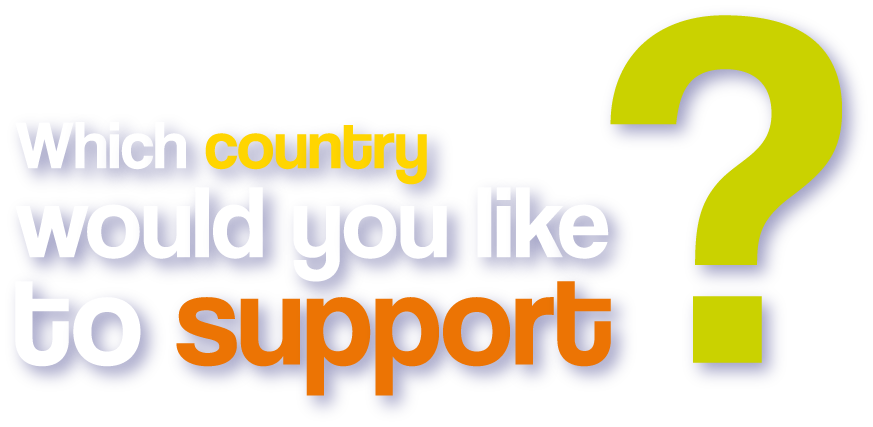E4S Offer

E4S Methodology
Our educational programs are developed through a creative methodology based on learning through play, which consists of three moments:
PLAY / REFLECT / ACT
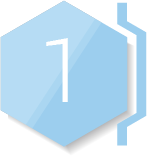
Play

Active learning through play transforms the educational experiences of girls, boys and youth at the same time as it strengthens their cognitive, motor, social and emotional development.
Reflect

Reflection is a moment in which participants exchange ideas and opinions, learn to listen, resolve conflicts, while they use dialogue as a tool to learn and share. Reflection is the way we analyze and give meaning to the activities carried out during the E4S sessions.
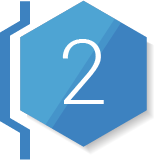

Act

Finally, active participation of girls, boys and youth is encouraged so they learn to see themselves as agents of change, able to work as part of a team with their community and to implement actions to transform their environment at the same time as they generate impact.
OUR PROGRAMS
All of the E4S programs contain comprehensive strategies, designed from a systemic perspective, that engage all actors in the educational ecosystem; teachers, students, families, and community change agents—to address current educational challenges.
Each program is developed using a logical framework methodology that is replicable over time and across different geographies, and is aligned with both international conceptual frameworks and the educational plans and curricula of the countries where we operate. Every program includes measurable indicators to assess its impact and advance toward sustainable educational change.
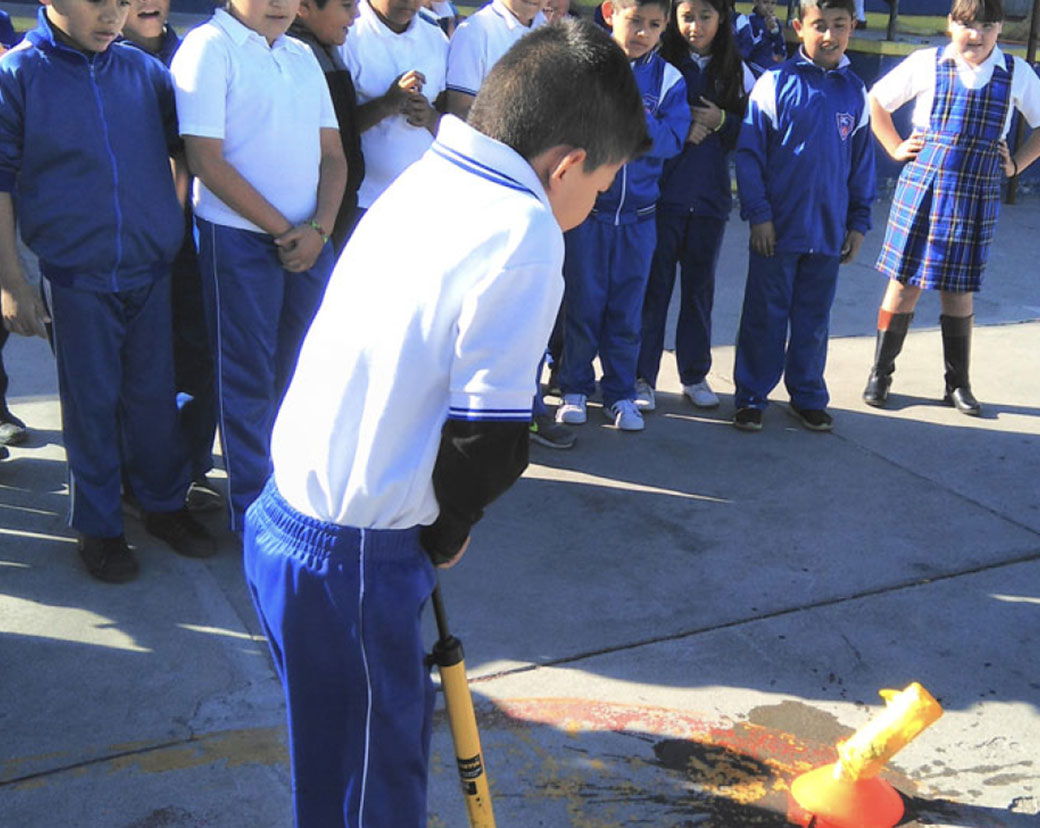
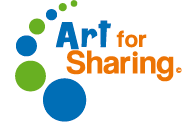
Ages: 12 to 15
Objective: Foster the development of life skills in adolescents through artistic exploration and creation.
Description: A civic and educational program that enables adolescents to become aware of the impact of today’s challenges and empowers them as active citizens who practice values such as respect, tolerance, teamwork, empathy, responsibility, and fair play.

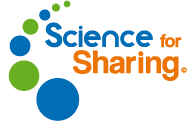
Ages: 6 to 12
Objective: Engage children with Science, Technology, Engineering, and Math (STEM) in an enthusiastic and hands-on way that is fun and meaningful.
Description: This educational program introduces children to the world of STEM through play, encouraging critical thinking, curiosity, and creativity. As they recognize themselves as agents of change, they apply civic values to help solve local challenges.
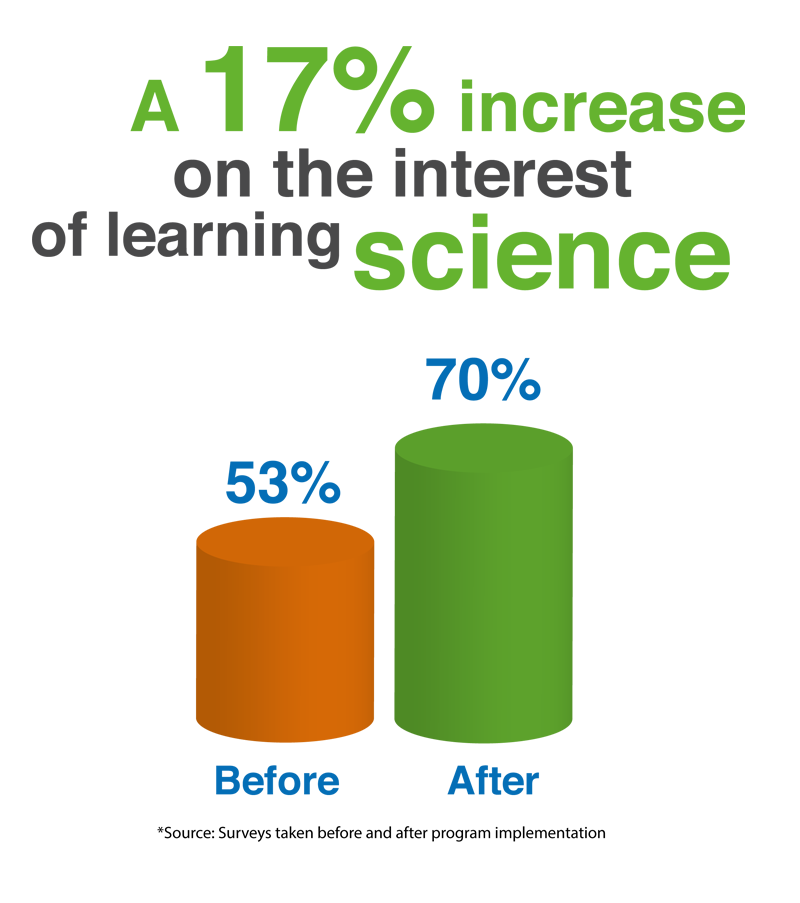

Ages: 6 to 12
Objective: Promote the responsible use of Information and Communication Technologies (ICTs) as tools for citizenship.
Description: An educational program that informs, raises awareness, and fosters responsible decision-making regarding the use of social media and open online resources.
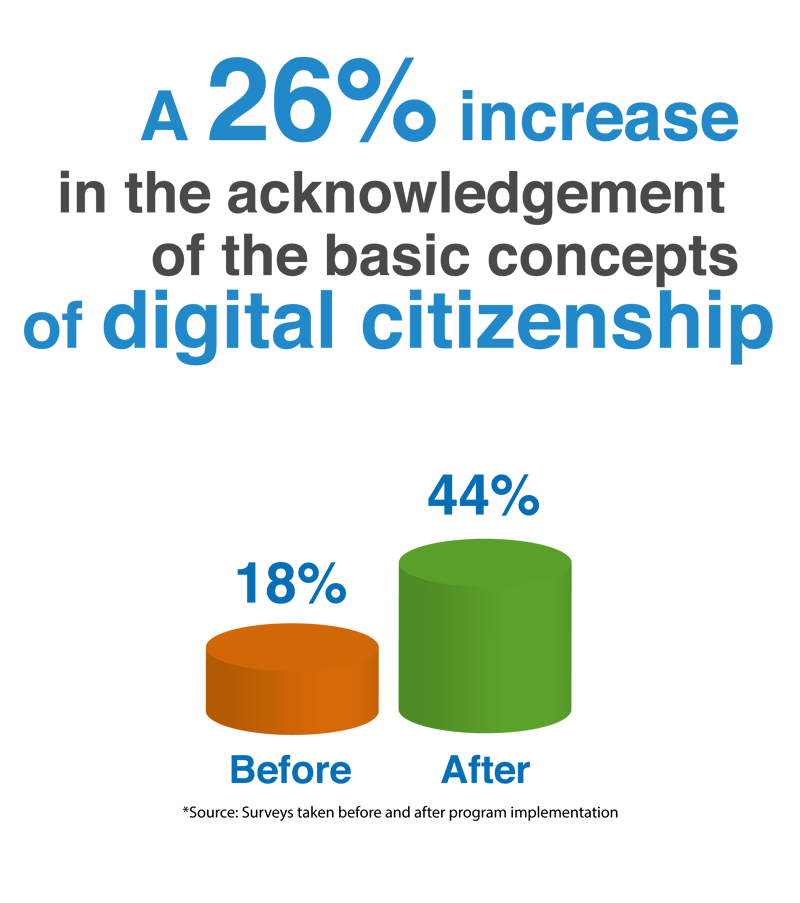
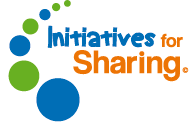
The Initiatives for Sharing program seeks to promote the democratic and responsible participation of girls and boys, through their empowerment as agents of change, interested in cooperating and contributing to the common good.
During the program, participants develop a project that seeks to find a solution for any problem identified in their community; based on the understanding that small actions conduce to big changes and that local actions contribute to global achievements.
From a child participation approach, civic attitudes are strengthened. Students develop dialogue, reflection and organizational skills to generate their own initiatives, at the same time as they value their opinions, their voices and participate in a democratic process for the first time.
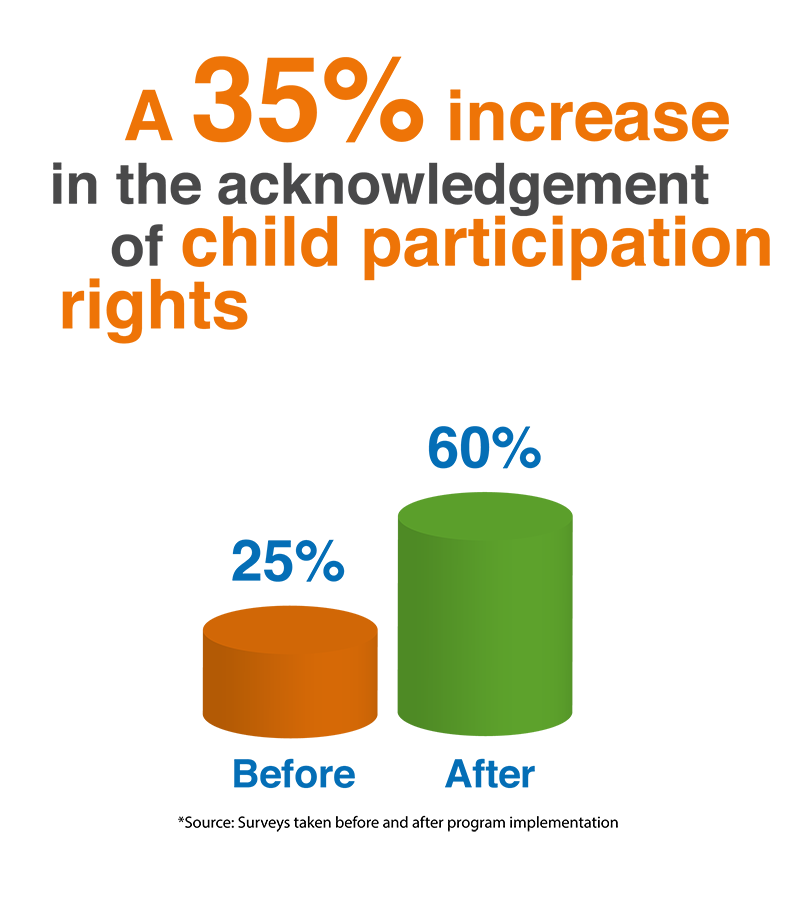
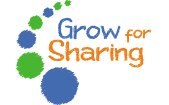
Ages: 3 to 5
Objective: Develop knowledge, skills, and values in early childhood to face the sustainability challenges of the 21st century.
Description: A program centered on the emotional development of young children through play-based learning. It provides playful and effective tools to educators and caregivers, enabling them to sensitively accompany children’s growth.

Ages: 6 to 15
Objective: Empower children and youth to practice responsible economic citizenship.
Description: A program that addresses economic and financial topics through play, promoting responsible decision-making based on civic values, sustainability, and collective well-being.
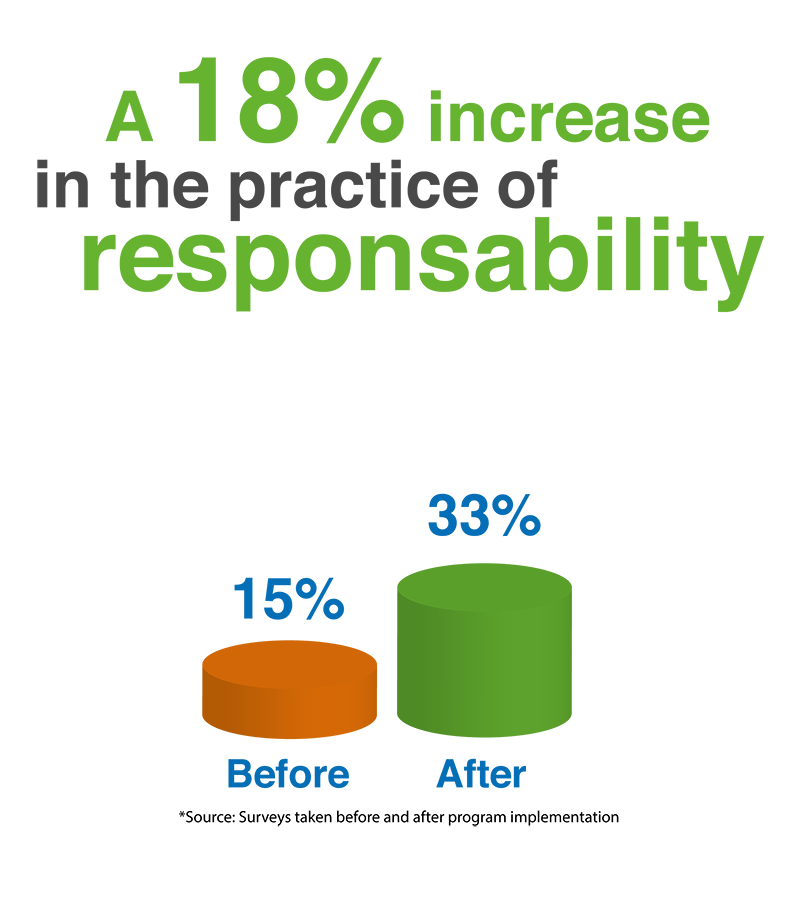
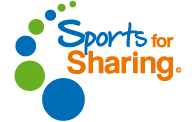
Ages: 6 to 12
Objective: Promote active, conscious, and proactive citizenship, motivating children to engage with and improve their communities.
Description: A civic and educational program that promotes values such as respect, equality, fair play, empathy, and responsibility through sports-based activities.
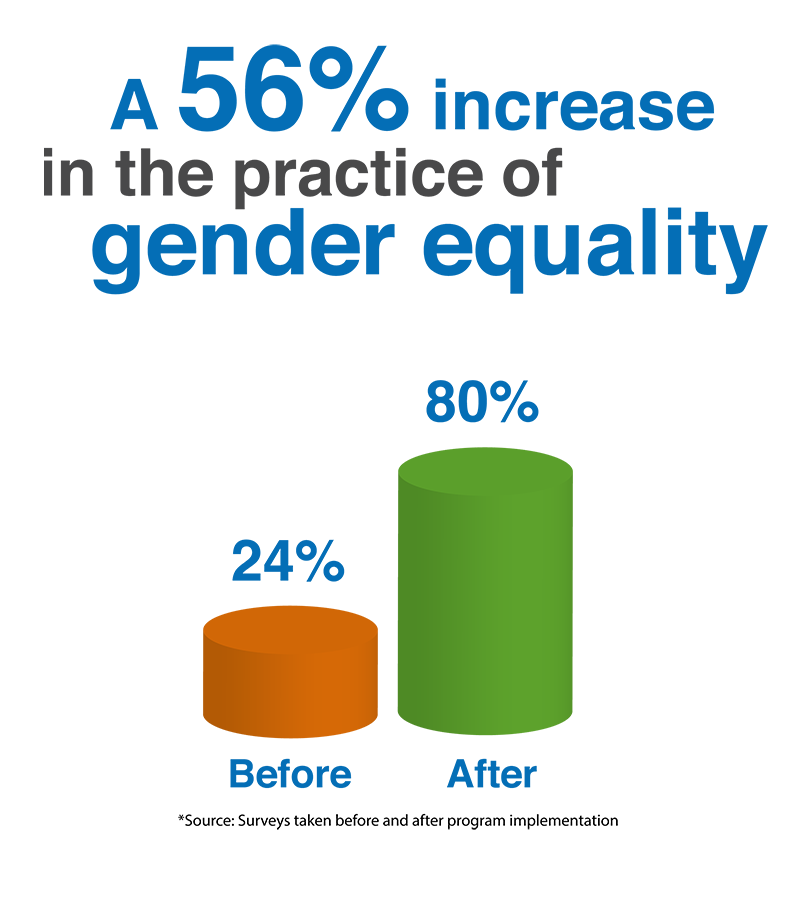
Ages: 8 to 12
Objective: Foster a deeper connection with nature through play, exploration, and reflection on how humans are interconnected within ecosystems.
Description: A virtual exchange program that promotes weather literacy and action with a nature-based solutions approach. It connects schools and youth organizations across different regions to explore links between local and global environmental issues, reflect, play, and exchange ideas for innovation.
Ages: 6 to 12
Objective: Develop cultural competences in children by encouraging appreciation of their own and other cultures through play and intercultural dialogue.
Description: A virtual exchange program connecting schools from different countries. Participants explore their cultural identities, create handcrafted treasures representing their cultures, and exchange them with peers from other regions, nurturing empathy, and peace.
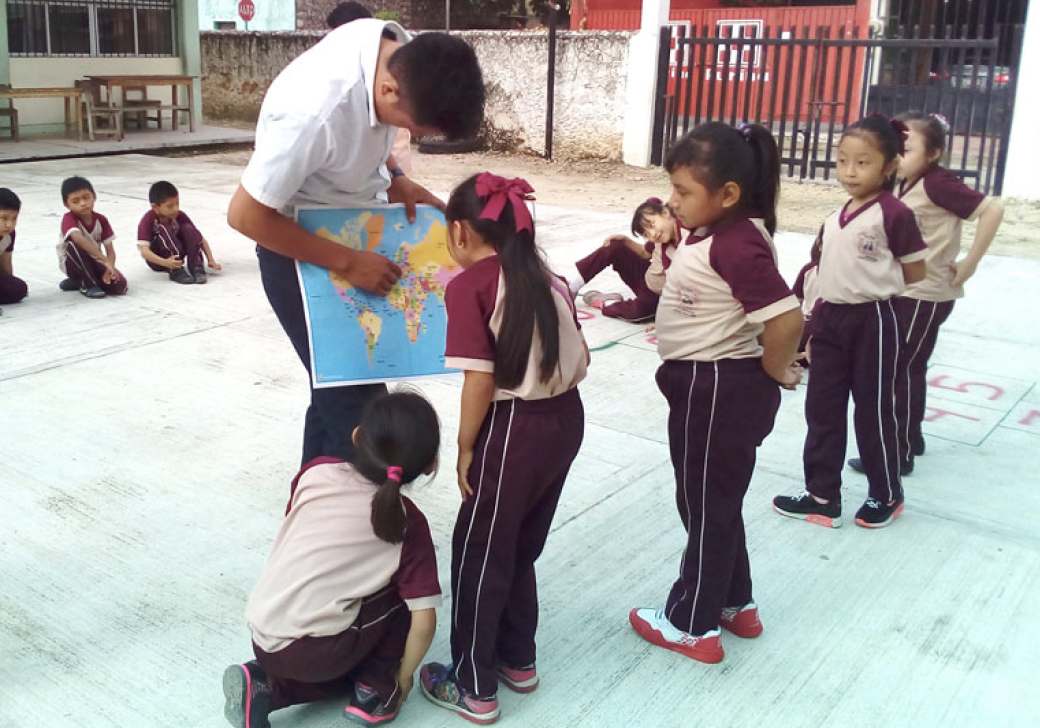
TEACHER PROFESSIONAL DEVELOPMENT
At Educación for Sharing, professional development for teachers is a continuous, experiential, and collaborative process that seeks to strengthen educators’ roles as change agents in their communities.
With a playful approach, E4S supports teachers in integrating civic values, life skills, and sustainability into their practice, while also strengthening their ability to lead inclusive, participatory, and meaningful educational environments.
This development goes beyond knowledge acquisition—it promotes critical reflection, co-creation of solutions, and professional growth through play, empathy, and a commitment to the common good.
A cutting-edge training program grounded in the science of play-based learning.
In this training, we share our “Play–Reflect–Act” methodology—an innovative and evidence-based approach to achieving meaningful learning. Participants gain practical tools to use play as a strategy to:
- Develop life skills
- Increase classroom belonging
- Strengthen children’s and youth’s sense of agency
- Promote civic values
- Improve academic outcomes
This training is available for all types of educators and caregivers working with children and adolescents and can be adapted to various disciplines, education levels, and contexts.
“Evolution and Play” is a workshop developed by Education for Sharing in collaboration with the LEGO Foundation, as part of the collection Pedagogy and Play: Workshops to Strengthen Professional Teaching Practice.
This workshop invites teachers and school leaders to explore the roots of cooperation and collaboration as essential tools for everyday life and learning.
Throughout the process, participants enhance their ability to design playful learning experiences that foster life skills and collaborative learning environments within their school communities.
It is aimed at preschool and primary school teachers, as well as educational leaders interested in:
- Integrating playful strategies into their teaching
- Strengthening children’s life skills
- Building more empathetic, participatory, and collaborative school environments
In alliance with UNICEF, this project aims to strengthen life and work skills in upper-secondary students through support for teachers.
The initiative began with the development of a pedagogical guide to help implement the online course Passport to Learning, previously created by UNICEF.
Later, Education for Sharing designed and delivered in-person training and four specialized webinars on the topic. A virtual support space was also created, where teachers participate in online learning communities, share experiences, and receive personalized feedback.
EDUCATIONAL MATERIALS DEVELOPMENT
Education for Sharing has a specialized Pedagogical Development department dedicated to creating innovative and accessible educational materials. We design resources such as videos, webinars, infographics, workbooks, and pedagogical guidance guides, all adapted to different audiences: children, educators, families, and corporate collaborators.
These materials are developed with various learning objectives in mind, always incorporating our play-based methodology and our focus on civic values, life skills, and citizenship.

In Mexico, in collaboration with the Ministry of Public Education (SEP), the Office of the Presidency for the 2030 Agenda, and Movimiento STEAM A.C., Education for Sharing developed the workbook The Sustainable Development Goals in My School, aimed at sixth-grade elementary students.
This material introduces children to the global challenges of the 2030 Agenda, encouraging active participation, critical thinking, and commitment to the common good within the classroom. Through playful, reflective, and contextualized activities, the workbook invites students to explore the SDGs and propose concrete actions to contribute from their immediate environment.
This workbook was included in Mexico’s official Free Textbook Catalog and is the first of its kind worldwide.
Education for Sharing, in collaboration with the Ministry of Education of Nuevo León and AT&T Mexico, promotes the program CIBERWellbeing, an initiative that encourages the safe, responsible, and conscious use of Information and Communication Technologies (ICTs) among basic education students and teachers in the state of Nuevo León.
As part of the program, educational booklets were developed and distributed to primary and secondary students. These materials offer flexible, engaging activities to promote digital citizenship and prevent online violence.
Additionally, a pedagogical guidance guide was created for teachers to help them implement digital wellbeing strategies in the classroom.
This effort complements similar initiatives led by Education for Sharing in partnership with the Federal Educational Authority in Mexico City (AEFCM), with whom we also collaborate to foster critical and conscious digital citizenship.

SPECIAL PROJECTS
These are tailor-made initiatives developed in collaboration with our partners from the public, private, philanthropic, and academic sectors. Based on their objectives and interests, we co-create educational solutions that integrate our play-based learning methodology and leverage our extensive operational experience across diverse contexts.
These projects adapt E4S’s principles, tools, and knowledge to address specific topics, generating meaningful and contextualized outcomes. Each special project is an opportunity to innovate and strengthen alliances that promote the development of better citizenship.
A social impact project led by Lundin Gold and developed by Education for Sharing, aimed at strengthening the physical, life skills, and community well-being of children, youth, and families in the company’s areas of influence in Ecuador.
Through recreational, educational, sports, and mental health activities, the program promotes community co-responsibility and contributes to Lundin Gold’s sustainability pillars.
Key initiatives include the Mental Health Program and the Cultural, Educational, and Sports Academy “Los Encuentros” (ACCEDELE), where children and youth participate in music, dance, English, soccer, basketball, and boxing workshops. These activities help them develop socioemotional skills, foster active participation, and strengthen their overall well-being.
Additionally, a team of specialized psychologists provides psychological care for people of all ages and leads workshops focused on priority issues for the local population.
Impactful Five (i5) is an international initiative of the United Nations Principles for Responsible Management Education (PRME), aimed at increasing the confidence and capabilities of business school educators to integrate sustainability into their teaching practices.
The i5 framework promotes learning experiences that are meaningful, joyful, socially supportive, actively engaging, and iterative, helping to develop essential skills such as collaboration, empathy, and critical thinking.
Through the design and implementation of in-person workshops and webinars, the project fosters the development of life skills, cognitive, and collaborative skills in educators, empowering them to lead more innovative and sustainability-focused teaching processes aligned with the Sustainable Development Goals (SDGs).
E4S contributed by developing pedagogical resources and facilitating training sessions that provided practical tools to over 60 educators from business schools, strengthening their ability to create more impactful and sustainable learning environments.
Power of Play was a project developed by Education for Sharing and The History Co:Lab, in partnership with the LEGO Foundation, that explored how play-based learning can transform educational experiences in museums and enhance civic competencies and well-being among children and youth.
The pilot was implemented in Kansas City, Missouri, and New York City, involving teachers, museum educators, and students. The project designed games around historical themes selected based on educators’ needs. These games were integrated into museum visits to stimulate curiosity and encourage critical reflection.
The project also offered training sessions on implementing play-based strategies in educational spaces. An evaluation tool was developed to assess the impact of these playful experiences compared to traditional ones, and a practical guide was created with activity models to support the creation of more inclusive, meaningful, and civic-focused learning environments.
Videos for Change is a global initiative by the Australian organization High Resolves that equips young people aged 13 to 25 with tools to create one-minute videos about pressing issues in their communities, using art as a medium for reflection and social expression.
The program promotes skills such as critical thinking, creativity, leadership, and collaboration, while strengthening young people’s confidence and agency to make a positive impact.
Education for Sharing serves as the strategic partner (Discovery and Collaboration Partner) of High Resolves in Spanish-speaking Latin America, leading the regional implementation of the program.
In Mexico, the initiative has been developed under the name Nuestro Enfoque MX. Videos for Change, led by Fundación FEMSA in collaboration with E4S and local education authorities in Nuevo León and Guanajuato.
Build the Change is a global social impact program led by the LEGO Group and supported by the LEGO Foundation. It empowers children to imagine and build creative solutions to urgent environmental challenges.
Through play-based learning, participants explore topics such as climate change, biodiversity, and sustainability, using LEGO bricks and other materials to design proposals that reflect their vision for a better world.
In Mexico, Education for Sharing implements Build the Change in public elementary schools. Aligned with the Nueva Escuela Mexicana, the strategy has reached over 75,000 children across multiple states, inspiring them to become change agents within their communities.
Earn Your Future is a financial education program for children and youth, originally developed by PwC in the United States.
To adapt it to the Mexican context and maximize its educational impact, PwC Mexico partnered with Education for Sharing to integrate a play-based methodology while preserving the original goals and content.
The program was implemented in elementary schools in Mexico City, with active involvement from PwC volunteers who supported teachers as in-class facilitators.
El Camino is an educational project implemented in community centers and CONALEP schools in Nuevo León, Mexico.
Developed by Education for Sharing in collaboration with Fundación FEMSA, High Resolves, and Tecnológico de Monterrey, its goal is to promote empathy, effective communication, and collaboration among adolescents through the use of art and artificial intelligence.
Using differentiated intervention models (high, low, and no human interaction), facilitators and teachers were trained to guide sessions in which young people explored emotions, values, and cultural diversity with the support of AI tutors.
Experience AI is a project developed in alliance with the UK’s Raspberry Pi Foundation and Google Mexico. It aims to empower secondary school teachers in Mexico to integrate artificial intelligence (AI) into their classrooms.
Its main goal is to foster AI literacy and critical thinking through an innovative play-based methodology.
The project includes:
- A six-week virtual teacher training
- Development of complementary materials
- A WhatsApp-based virtual learning community
- Online reinforcement sessions
- In-person classroom visits for implementation assessment and personalized coaching
VOLUNTEERING
Corporate volunteering at Education for Sharing is a meaningful experience that connects people from the business sector with school communities through play and civic education.
Through activities specifically designed for each company, volunteers actively participate in the holistic development of children, while strengthening their social commitment, teamwork, and sense of purpose.
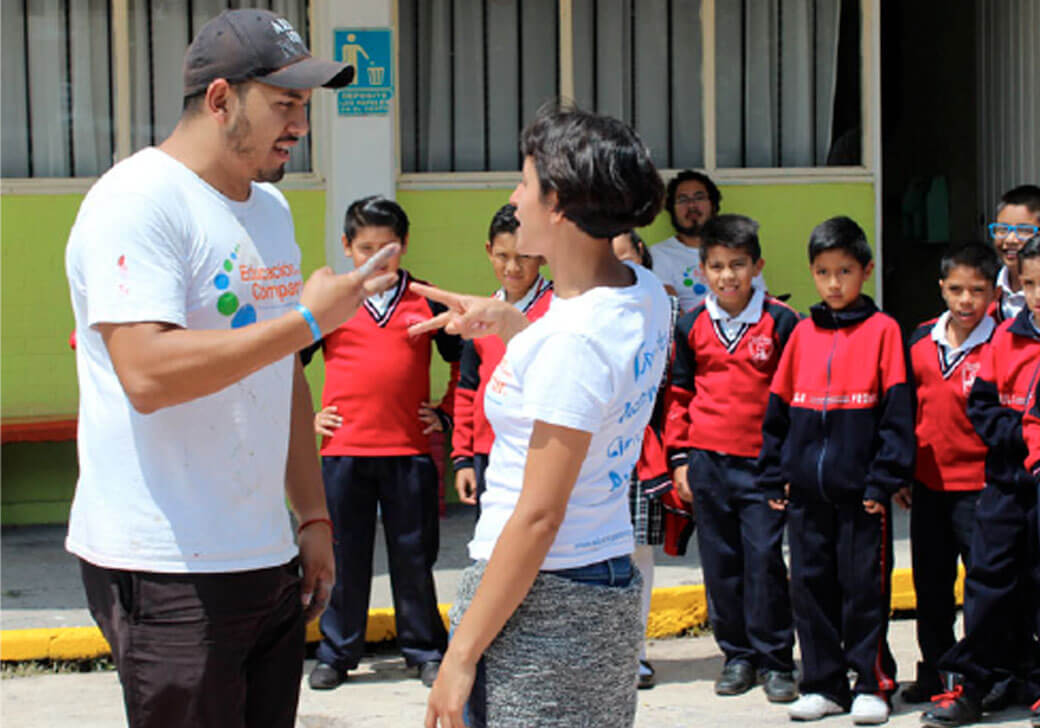
In 2021, Education for Sharing collaborated with Santander Mexico to strengthen its corporate volunteering program, aligning it with the institutional strategy Santander Way and the Sustainable Development Goals (SDGs).
The proposal included:
- A diagnostic phase to assess existing processes
- Development of playful and formative content
- Design of a training model to scale implementation across internal teams
The process was complemented with awareness sessions, evaluation tools, and a dashboard to monitor key indicators.
Thanks to this collaboration, a more structured, participatory, and impact-driven volunteering strategy was consolidated.
In 2018, Education for Sharing collaborated with ENGIE Mexico to implement the volunteer initiative Soy agente de cambio (“I’m a Change Agent”), carried out in 21 public elementary schools across 9 states in the country.
This experience brought together corporate volunteer teams with school communities to promote environmental awareness and responsible use of renewable energy through play.
Activities during the volunteer days included:
- Restoration of educational spaces (painting, cleaning, and improving green areas)
- Play-based activities from the Science for Sharing program focused on the SDGs
The initiative directly benefited more than 7,600 children by strengthening their understanding of the environment, equality, and active citizenship—while also fostering a stronger sense of social responsibility among ENGIE staff.





